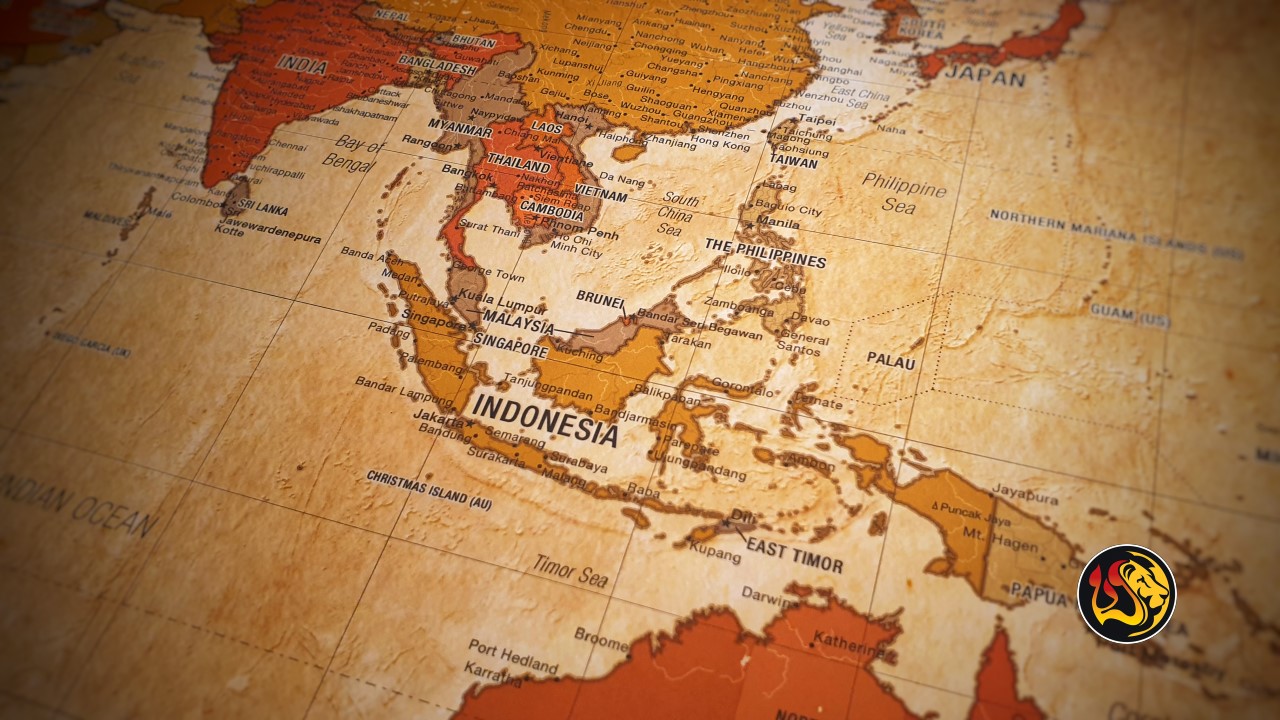by Karen Faulkner, Worthy News Correspondent
(Worthy News) - A group of Indonesian Christian churches and organizations rushed to assist their countrymen in the wake of a powerful and deadly earthquake that hit Indonesia’s Java island last week, Christianity Today (CT) reports.
The swift action of local believers is all the more notable given that until recently, it was government agencies, international NGOs, and Muslim aid groups which provided disaster relief in Indonesia, not Christian groups.
The 5.6-magnitude earthquake hit Java on the morning of Monday, November 21, killing 271 people, including many children, and injuring more than 2,000 residents, CT reports.
Homes, schools, and infrastructure were destroyed, and power went down.
Immediately upon realizing the scale of the disaster, the Jakomkris Christian Community Network for Disaster Management in Indonesia began coordinating churches and groups from diverse denominations to identify needs and work out who could provide what assistance, CT reports.
A Mennonite group provided clean water, a Christian medical fellowship of doctors and nurses arrived to help hospital staff, a Presbyterian group provided hygiene kits and services for the disabled, and a Pentecostal group set up kitchens.
It is only in the last five years that Indonesian Christians have been able to mobilize disaster relief to such an extent, CT reports. In 2017, Indonesian Christians met to discuss how Indonesian churches could be “a strong pillar” in their country, where natural disasters are frequent. The result of this meeting was the founding of Jakomkris, which teaches Indonesian churches how to provide swift and efficient disaster relief.
“The [Indonesian] church has matured collectively,” Mark McClendon, CEO of the CBN Indonesia aid organization, told Christianity Today.
“We see local churches doing incredible acts of kindness, sacrificially donating [items] and managing resources to be an active participant in restoring, rebuilding, and serving when disasters happen. It didn’t use to be like that. We would sweep in, and local churches would join us and ask if there were things to do that they could help with. Now it’s almost the other way around. We see the local church taking on more responsibility, in the context of community, to serve in almost every disaster.”

